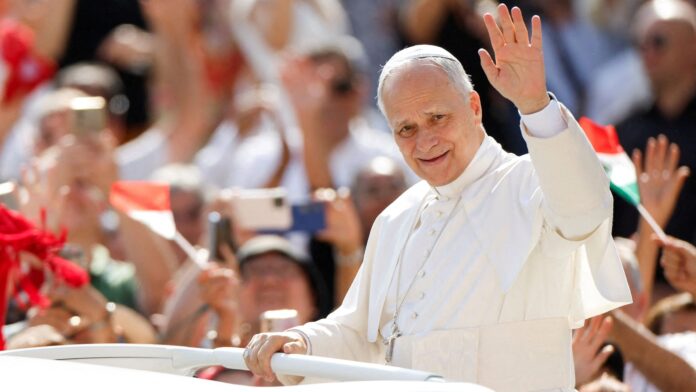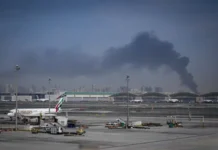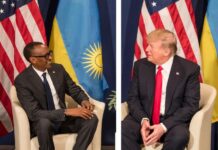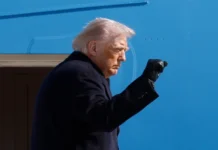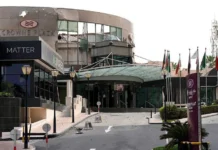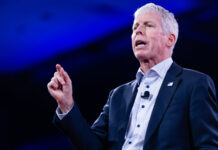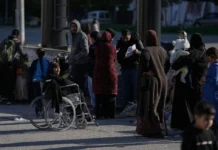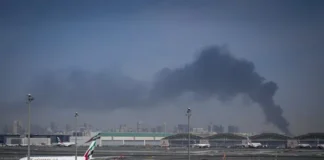Written by Lisa Murimi
In his first major message as head of the Catholic Church, Pope Leo XIV has called on the world to open its arms to migrants and the poor, issuing a powerful critique of global economic systems and reviving one of his predecessor’s most pointed condemnations of former U.S. President Donald Trump’s anti-immigration agenda.
The 104-page document, titled *Dilexi Te* (“I Have Loved You”), represents both a continuation and an evolution of the work of the late Pope Francis, who began the text before his death in April.
Pope Leo, the first American to lead the Church, said he was “happy to make this document my own,” signaling his commitment to Francis’ mission of mercy and social justice.
In heartfelt language, Leo urges Catholics and world leaders to see the faces of the suffering not as statistics but as reflections of Christ himself.
“Where the world sees threats, the Church sees children; where walls are built, she builds bridges,” the pontiff writes — a clear echo of Francis’ rebuke of Trump’s border wall during his first term, when he declared such policies “not Christian.”
The exhortation challenges the moral foundation of modern capitalism, warning that an economy driven by greed and inequality is eroding human dignity.
“There is no shortage of theories attempting to justify the present state of affairs,” Leo writes.
“The poor are promised only a few ‘drops’ that trickle down, until the next crisis brings things back to where they were.”
Calling for a world where compassion guides policy, Leo laments the illusion of happiness found in material wealth.
“Either we regain our moral and spiritual dignity,” he warns, “or we fall into a cesspool.”
While Leo’s tone has often been measured, his growing willingness to confront political power has drawn both praise and criticism.
Supporters see in him a steady hand, bridging Francis’ progressive legacy with a renewed moral urgency. Detractors, especially among conservative Catholics, accuse him of politicizing faith.
But for many of the faithful gathered in St. Peter’s Square on Thursday, the message was one of hope — that under Pope Leo, the Church would once again stand as a voice for the voiceless.









